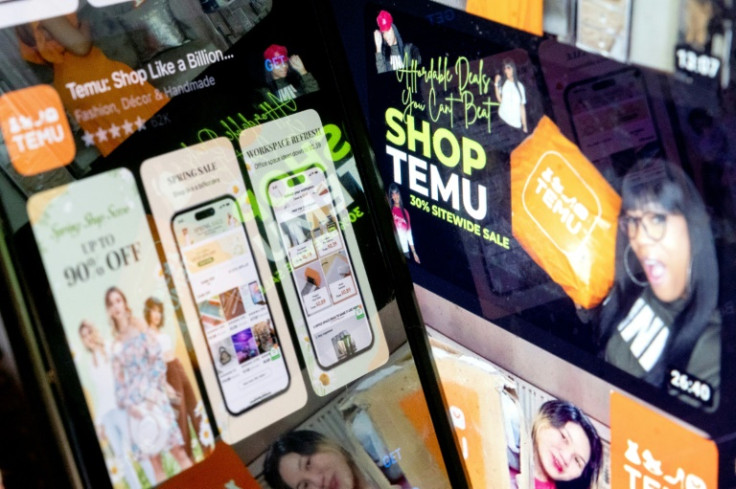
Beijing strongly opposed the US tariff hikes on Chinese imports, according to China's commerce ministry.
The statement, released on Saturday, urged the US to immediately rectify its "wrongdoings" and remove all tariffs on Chinese goods.
"China will take necessary measures to firmly protect the interests of Chinese companies," the statement added, as reported by Reuters.
New rules proposed on Friday will impose closer inspections and tariffs on certain shipments from China, affecting products from ultralow-cost retailers like Shein and Temu. The new rules come after over a year of scrutiny from lawmakers and the House Select Committee on the CCP.
An obscure tariff law loophole from the 1930s allows packages valued under $800 to enter the U.S. duty-free and with less scrutiny than larger shipments.
Shein and Temu have not disclosed if they will raise prices due to the proposed changes. They also contested claims that their low prices are due to the de minimis exemption, stating that their business models enable them to maintain ultra-affordable rates, according to NBC News.
Meanwhile, a Shein spokesperson stated that the company supports de minimis reform and has recently joined a voluntary pilot program with U.S. Customs and Border Protection, agreeing to provide additional data on packages and shipments.
As Chinese e-commerce sites like Shein and Temu have grown, the US has experienced a significant increase in shipments claiming the duty-free exemption. Over the past decade, these shipments have risen from 140 million per year to over 1 billion, with most of the products using the exemption coming from China. Shein and Temu utilize this exemption by sending individual products directly to customers, rather than shipping in bulk to warehouses.
The Biden administration stated that the proposal aims to "protect consumers from goods that do not meet regulatory health and safety standards." Although Shein is headquartered in Singapore, it is known for its inexpensive fast fashion largely produced in China. Similarly, Temu, based in China, sells a wide range of products, including clothes, household items, and electronics, all made in the country.
Earlier, in June, Shein had privately filed for a public listing in London amid growing backlash in the U.S.







